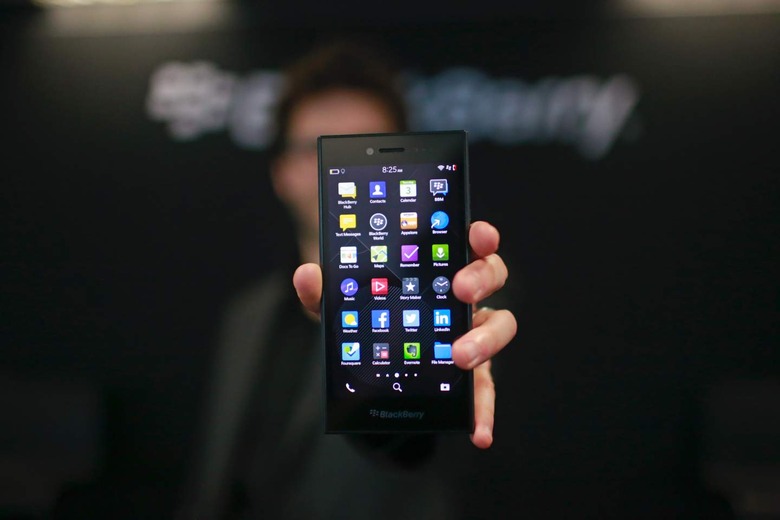BlackBerry OS Devices Have Finally Run Out Of Juice
It may be hard to imagine that anyone is still using a BlackBerry device running one of the Canadian company's operating systems, but it is indeed true – although not for much longer. BlackBerry has just announced that BlackBerry 10 and BlackBerry OS device legacy services will cease operating after January 4, 2022 and has thanked its "many loyal customers and partners over the years" in the process. At this time, the company says devices running BlackBerry 7.1 OS and earlier, BlackBerry 10 software and BlackBerry PlayBook OS 2.1 and earlier versions will cease to work reliably. This will impact data services, phone calls, SMS and 9-1-1 functionality.
BlackBerry (originally called RIM) ceased to make its own phones running BlackBerry OS way back in 2016 with the – notably all touchscreen – Blackberry Leap, AKA the last of its kind.
It was a scenario that was once hard to imagine, as BlackBerry smartphones were once ubiquitous, particularly among corporate users. They were pretty much everywhere throughout the late 90s and well into the 2000s, much like we see Apple iPhone all over the place today.
BlackBerry branded devices have continued to be sold, initially through Chinese OEM TCL, which had purchased the license to use the BlackBerry name on its Android-powered phones with trademark Blackberry hardware keys. In the year 2020 even TCL gave up its efforts, although BlackBerry fans can still hold out hope that OnwardMobility, the current BlackBerry licensee, might come to the rescue.
How Did it Come to This?
BlackBerry's rise and fall has been well-documented in the years since it sold its last BlackBerry Leap. Like the entire smartphone industry at the time, it was completely blindsided by the launch of the iPhone in 2007. At least one BlackBerry engineer at the time admitted the company did not believe that a device like the first iPhone was even possible with the technology available at the time. In their minds, a device like the iPhone with its large (for the time) 3.5-inch display and sophisticated operating system was at least five years away.
Initially, then RIM (BlackBerry) CEO Jim Balsillie shrugged off the threat of the iPhone saying at the time, "We know where we are headed...We've got all the growth we can handle." [Sydney Morning Herald]. However, it was only nine years after Balsillie made these remarks that BlackBerry sold its last device.
The rise and fall of BlackBerry has become a business school case study in just how quickly a company which controlled a market segment can be upended by a disruptive new technology — coupled with a wholly inadequate management response. It's always sad to see a once iconic brand and family of devices turn to dust. But all good things, as they say, must come to an end.

